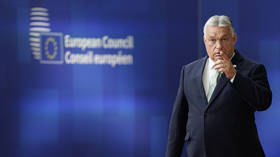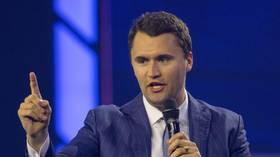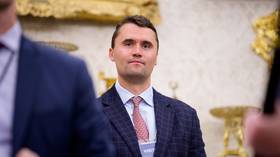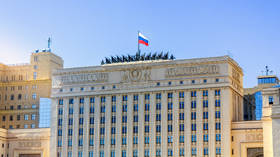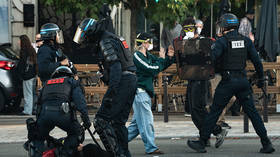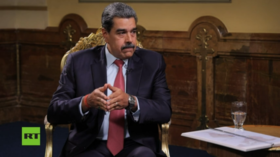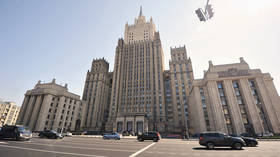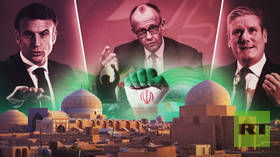Von der Leyen urges EU to drop vetoes on foreign policy
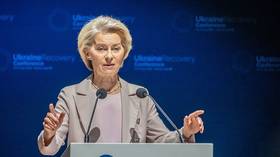
European Commission President Ursula von der Leyen has called for scrapping unanimity in the EU’s foreign policy decision-making, insisting the bloc must be able to act more quickly on sanctions, military aid, and other measures.
In her annual state of the union address to the European Parliament on Wednesday, von der Leyen said it was time to “break free from the shackles of unanimity” and move towards qualified majority voting in some areas of foreign policy.
Under the current system, all 27 member states must agree for decisions to pass. Von der Leyen argued that this has slowed the EU’s response to crises and said majority voting would stop individual governments from holding up action backed by the rest.
Her remarks drew immediate opposition from Slovakia and Hungary, both of which have threatened to use their vetoes to block policies they see as harmful to national interests. Slovak Prime Minister Robert Fico warned that removing the veto would “spell the end of the bloc” and could even be “the precursor of a huge military conflict.”
Hungarian Prime Minister Viktor Orban dismissed the Brussels push as the work of “bureaucrats” and said abandoning consensus would undermine sovereignty, potentially dragging member states into wars against their will. He predicted the EU would not survive another decade without structural reform and disentanglement from the war in Ukraine.
Moscow, meanwhile, accused Western leaders of “fearmongering” about a Russian threat to justify military spending and said EU moves to centralize foreign policy decision-making only prolonged the conflict by ensuring continued aid to Kiev.
